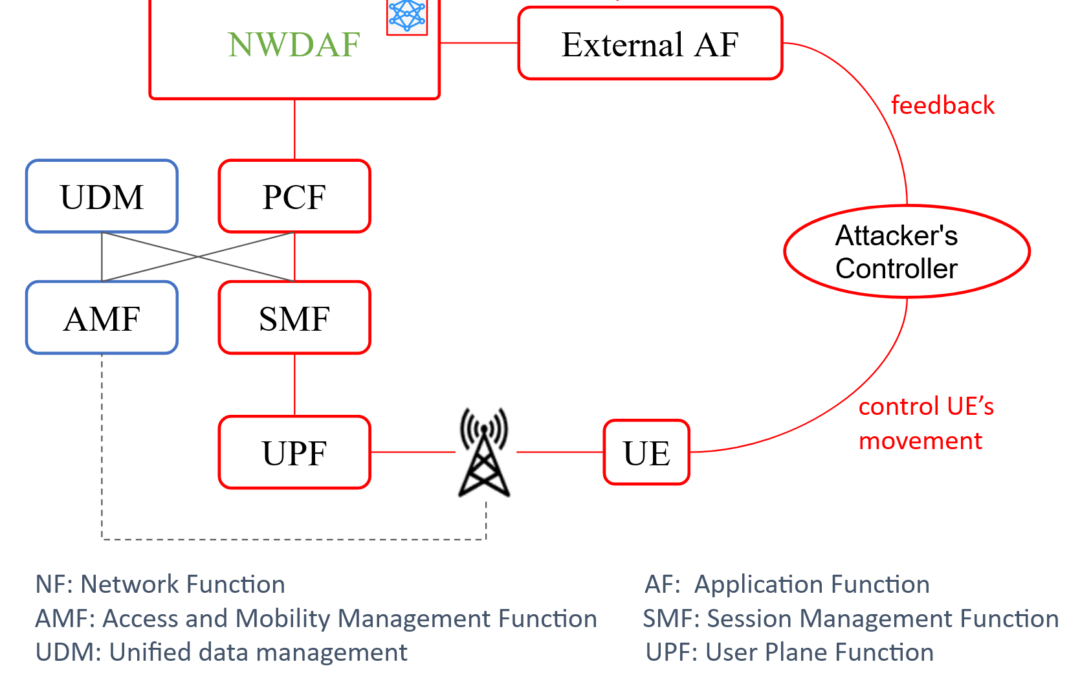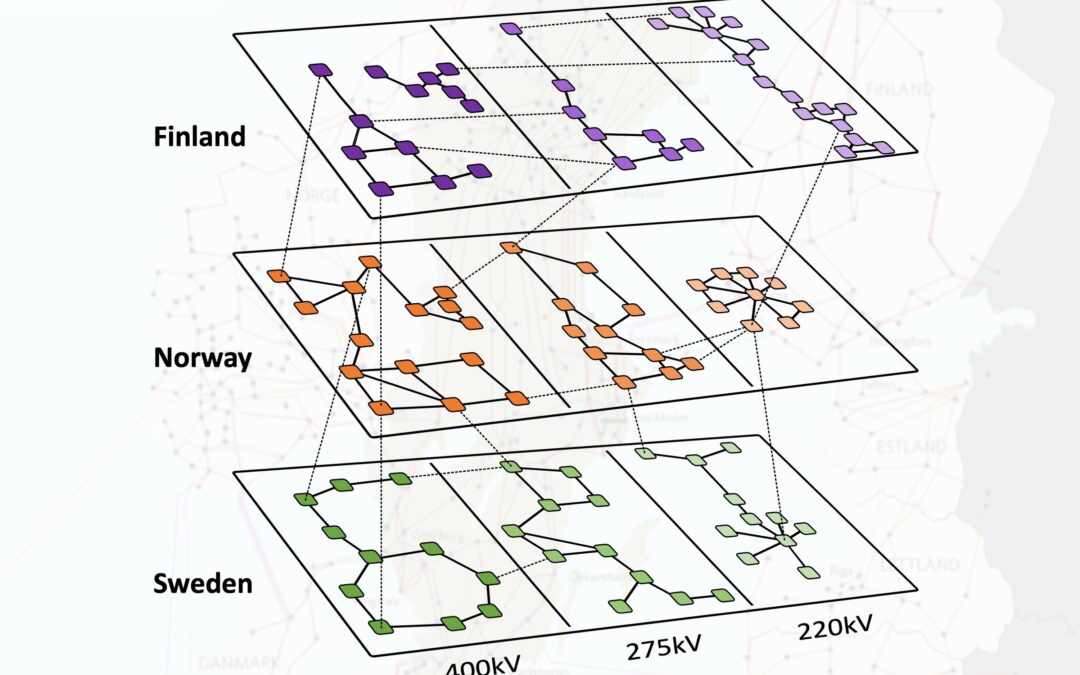
by Tove Kvarnström | Feb 28, 2023
PI: Christian Gehrmann (LU); co-PI: Mikael Asplund (LiU) The huge amount of cellular connected devices can be used to launch Distributed Denial of Service (DDoS) attacks which are a severe threat against telecommunication infrastructures and services. The new analytic...

by Tove Kvarnström | Feb 28, 2023
PI: Amir Aminifar (LU); co-PIs: Christoph Kessler (LiU), Petru Eles (LiU) The new generation of artificial intelligence (AI) and machine learning (ML) techniques have recently been shown to require non-negligible energy for both training and inference. FL4IoT will...

by Tove Kvarnström | Feb 28, 2023
PI: Elina Rönnberg (LiU); co-PI: Susanna F. de Rezende (LU) Improved methods for solving discrete optimisation problems have a great potential to contribute to sustainability and energy efficiency, as well as to trustworthiness of systems. The goal of this project is...

by Tove Kvarnström | Feb 28, 2023
PI: Andreas Kerren (LiU); co-PI: Richard Pates (LU) Multilayer networks are a relatively new way to model complex real-world systems that demand novel and efficient solutions for their analysis. Especially when regarding large and heterogeneous data typically used in...

by Tove Kvarnström | Feb 28, 2023
PI: Oscar Gustafsson (LiU); co-PI: Joachim Rodrigues (LU) Trading energy for accuracy is a promising approach to reduce the computing energy dissipation. Especially, for classes of applications with inherent resiliency, including AI/ML, significant reductions can be...






